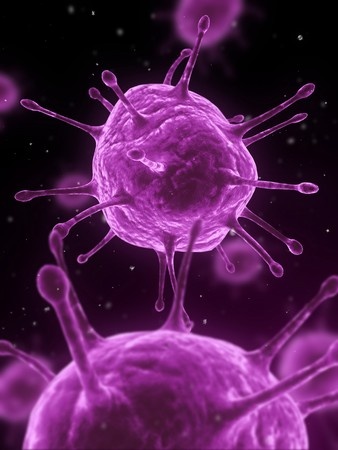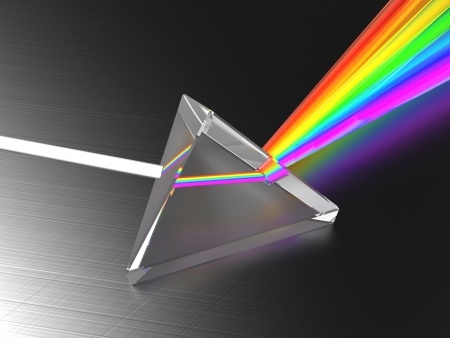Do girls really read better than boys?; earwax, the self-cleaning marvel; extreme survival in deadly cold; ‘smart’ fibres curb battery fires; teens lose sleep over social media; massive ice shelf about to break off – just a few of the themes in today’s eclectic collection of SciNews. Share these stories with your students and get them excited about science.
SciNews is published twice weekly. Stay tuned for more.
 Biology
Biology
Are girls really better at reading than boys, or are the tests painting a false picture? Science Daily
In reading tests at school, girls tend to be ahead of boys, in all age groups and in all countries. But in young adults, there is suddenly no longer any difference between men’s and women’s reading skills. Why is that? Could the answer be in the way the tests are designed? Read more…
Here’s how earwax might clean ears. Science News
The self-cleaning marvel known as earwax may turn the dust particles it traps into agents of their own disposal. Read more…
Extreme survival: Managing the deadly cold. Science News for Students
Modern humans evolved in the warm tropics of Africa. Eventually, our species began to scatter into cooler climes more than two million years ago. Yet even after all that time, we still need a lot of help surviving where it is bitterly cold. Read more…
Chemistry

New ‘smart’ fibers curb fires in lithium-ion batteries. Science News
Hoverboards and certain cell phones powered by lithium-ion batteries occasionally go up in flames. Scientists now have a new plan for squelching these fires before they flare out of control: incorporating a flame retardant in the battery that’s released if temperatures get too toasty. Read more…
Physics
One in five young people lose sleep over social media. Science Daily
One in five young people regularly wake up in the night to send or check messages on social media, according to new research. This night-time activity is making teenagers three times more likely to feel constantly tired at school than their peers who do not log on at night, and could be affecting their happiness and well-being. Read more…
Earth and Space Science
Massive ice shelf is poised to break off of Antarctica. Science News for Students
One of Antarctica’s largest ice shelves is nearing its breaking point, scientists warn. A colossal crack in this ice shelf, known as Larsen C, abruptly grew by 18 kilometers (11 miles) during the second half of December 2016. (That was the height of the region’s summer.) Members of Project MIDAS, an Antarctic research group, reported the crack’s dramatic growth on January 5. This separating ice is now only about 20 kilometers from Larsen C’s edge. Read more…



